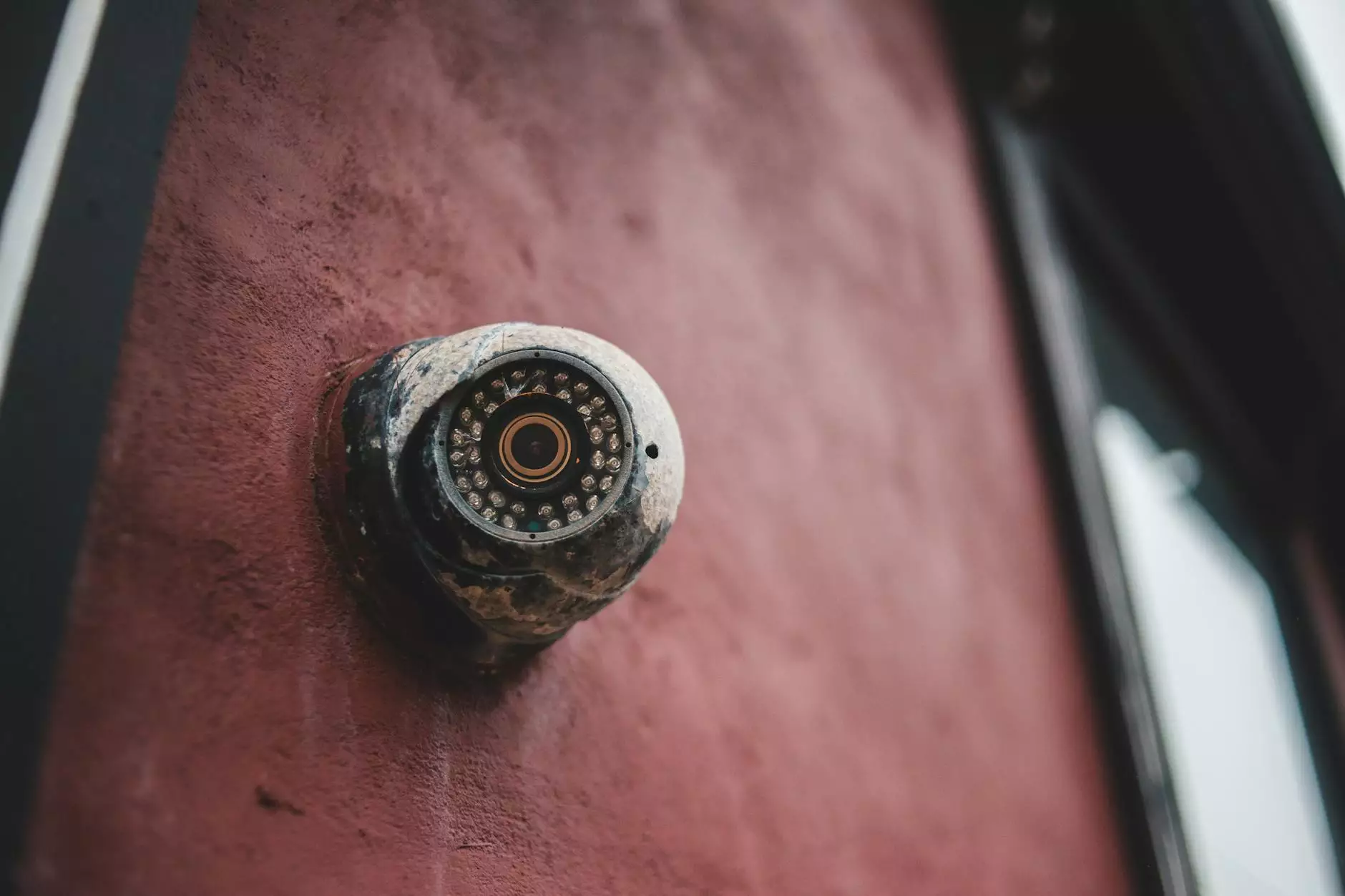Why Is My Lower Leg Swollen?

Experiencing swelling in your lower leg can be a concerning issue that may impact your daily life. Understanding the reasons behind this swelling is crucial to finding the right solutions. In this article, we delve into the various factors that could lead to lower leg swelling and how you can address them effectively.
Common Causes of Lower Leg Swelling
There are several reasons why your lower leg may be swollen. Some of the most common causes include:
- Poor circulation
- Fluid retention
- Injury or trauma
- Deep vein thrombosis
- Lymphedema
Understanding Each Cause
Poor circulation: When blood flow to your lower leg is restricted, it can lead to swelling as fluid collects in the area. This can be due to various factors such as sitting or standing for long periods, obesity, or underlying health conditions.
Fluid retention: Conditions like heart failure, kidney disease, or liver problems can cause your body to retain excess fluid, leading to swelling in different parts of the body, including the lower leg.
Injury or trauma: If you recently injured your lower leg or foot, swelling is a common response by your body as it tries to heal the affected area. Rest, ice, compression, and elevation (RICE) are recommended for managing swelling due to injury.
Deep vein thrombosis (DVT): This is a serious condition where a blood clot forms in one of the deep veins in your body, often in the leg. Swelling, along with pain and redness, are common symptoms of DVT that require immediate medical attention.
Lymphedema: This condition occurs when the lymphatic system is compromised, leading to fluid retention and swelling in various parts of the body, including the lower leg. Proper management and treatment are essential in controlling lymphedema symptoms.
Addressing Lower Leg Swelling
Depending on the underlying cause of your lower leg swelling, there are different ways to address the issue:
- Consult a doctor specializing in vascular medicine for a comprehensive evaluation.
- Follow recommended lifestyle changes, such as staying active and maintaining a healthy weight.
- Use compression stockings or garments to help improve circulation and reduce swelling.
- Seek physical therapy or lymphatic drainage massage for conditions like lymphedema.
- Take prescribed medications as directed by your healthcare provider for specific conditions like DVT or fluid retention.
It's essential to seek professional medical advice to properly diagnose and treat the underlying cause of your lower leg swelling. Ignoring persistent swelling or attempting self-treatment without a proper diagnosis can lead to complications and worsen your condition.
At Truffles Vein Specialists, our team of dedicated doctors specializing in vascular medicine is here to help you address your lower leg swelling concerns. Contact us today to schedule a consultation and take the first step towards healthier legs.
why is my lower leg swollen








